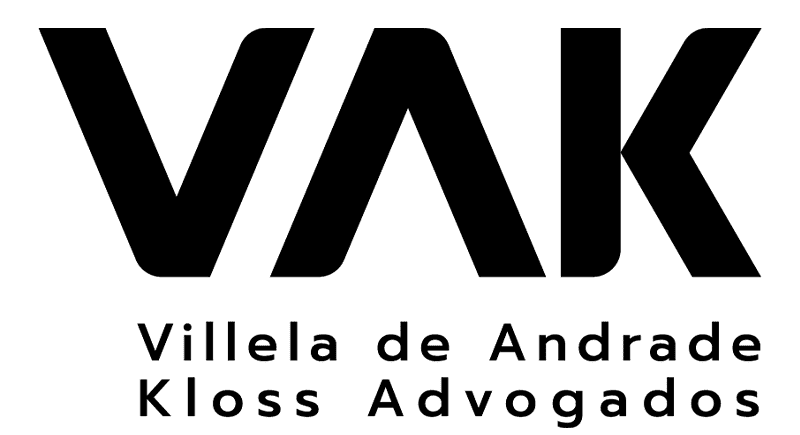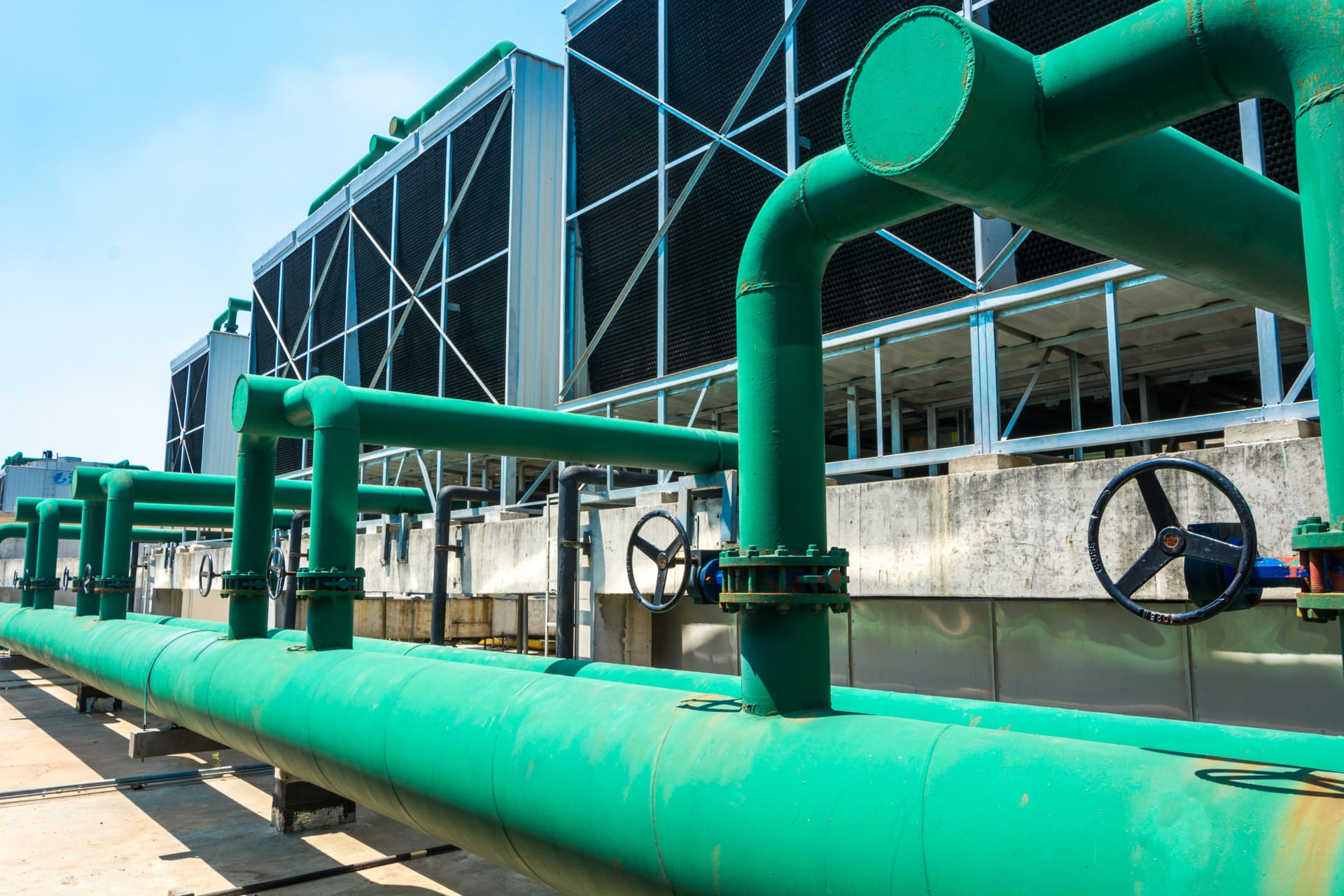By Renato Otto Kloss
The effervescence of the basic sanitation sector is a fact to be celebrated. After decades immersed in a scenario of extremely high legal uncertainty, serious inefficiencies and low investments, the sector is finally starting to gain the attention it deserves so much, to the point of believing that today, despite the enormous challenges, there is a real window of opportunity in the towards the universalization of drinking water supply and sanitary sewage services.
The reason for this change is undoubtedly the New Basic Sanitation Framework[1]. A little over 6 months since its edition, and despite the fact that regulations and the edition of the reference standards by the National Water and Basic Sanitation Agency (ANA) are still pending, a thriving market is already announced, with the presence of large traditional groups , the proliferation of new players, the expansion of financing vehicles and the emergence of several projects.
However, for a safe path to be taken with a view to the progress of basic sanitation in the country, it is not enough to purely and simply grant these services. It is of paramount importance that the Public Administration shows care with the internal phase of its tenders, through the structuring of consistent projects and the promotion of a healthy competition environment, which includes adequate rules and the correct stimuli.




